Elul: The Month of Reflection and Renewal
By Greg Bouwer
As the Jewish year draws to a close, we enter Elul, the final month before the High Holy Days of Rosh Hashanah and Yom Kippur. Far from being just a countdown, Elul is a sacred time of preparation — a spiritual prelude to the Yamim Nora’im (Days of Awe).
A Wake-Up Call for the Soul
Each morning of Elul (except on Shabbat and the day before Rosh Hashanah), the shofar is sounded. Its blasts are not ceremonial alone — they are meant as an alarm clock for the soul, urging us to awaken from spiritual slumber and begin the work of renewal.
The Psalm of the Season
Communities around the world recite Psalm 27 ("L’David Hashem Ori") throughout Elul. Its words — “The Lord is my light and my salvation” — resonate with themes of divine closeness, forgiveness, and trust.
The Work of Teshuvah
Elul is a time for cheshbon ha-nefesh — an “accounting of the soul.” We reflect on the year that has passed, our actions, our relationships, and the ways we wish to improve. This is the essence of teshuvah — often translated as repentance, but more deeply understood as “returning”: returning to our truest selves, to our community, and to G-d.
Selichot: Prayers for Forgiveness
For Sephardi Jews, Selichot (penitential prayers) are recited throughout the month; for Ashkenazi Jews, they begin shortly before Rosh Hashanah. These prayers are filled with compassion and longing, asking God for mercy while reminding us of the power of humility and change.
Preparing for Renewal
Elul teaches that transformation is possible. Through teshuvah (return), tefillah (prayer), and tzedakah (charity), we ready ourselves for the High Holy Days — when we stand before G-d in judgment, but also in hope, seeking to be inscribed in the Book of Life for a good year ahead.
Elul is not only about looking back at what has been — it is about looking forward to what can be.
Why Do Many Jews Write “G-d”?
In Jewish practice, some people omit the “o” when writing “God,” spelling it as “G-d.” This comes from the Torah’s commandment not to misuse or erase the Divine Name. While the English word God is not one of the seven Hebrew Names considered strictly sacred, many Jews apply the same caution out of reverence.
The practice helps ensure that if the word is written on paper and later discarded, it does not risk desecrating God’s Name. It also reflects a long tradition of showing respect by avoiding unnecessary use of sacred words.
Not all Jews follow this custom — some rabbis hold that since “God” is a translation, it does not carry the same restrictions. Still, many prefer “G-d” as an extra measure of care and devotion.


